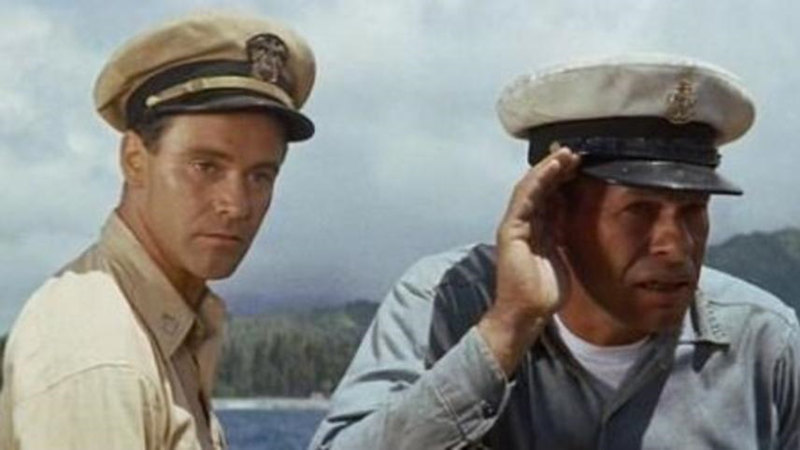So what was Shakespeare going on about with that light that keeps “breaking Yonder’s window,” and that “solid flesh tutu?” Why was Yorick so poor? “To be or not to be?” What’s up with that? If you’ve ever asked a similar but smarter version of those questions, read on, MacDuff.
The six-part PBS series “Shakespeare Uncovered” brings the halberd of insight crashing down on the skull of sophomore English class ignorance. Each episode focuses on a separate play or group of plays, and is hosted by a different narrator, each with their own experiences and connections with the play under discussion, including Jeremy Irons, David Tennant, Derek Jacoby, Joely Richardson, Ethan Hawke and director Trevor Nunn.
The choice of plays is not surprising—Hamlet, Macbeth, the comedies Twelfth Night and As You Like It, the three plays of Henry IV and Henry V, and The Tempest. The filmmakers draw from a large variety of sources and references throughout—talking head experts from Oxford and Harvard, stage directors and actors, live versions of the plays, film and TV productions, even a Monty Python clip.
A real strength of the series is this mix of looks and interpretations, and a productive strategy is the use of insights from different actors who’ve played the same role—for example, Jude Law, Simon Russell Beale, Ben Whishaw and David Tennant speak on Hamlet, alongside excerpts from big screen interpretations by Mel Gibson and Laurence Olivier.
In the course of highly condensed versions of the plots, there are digressions for a wide variety of related ideas. The events in Shakespeare’s own life (he had a young son who died at age 11 named…Hamlet), the circumstances of the original productions (William and his fellow actors moved their entire theater piece by piece to another location) and social commentary (it was very risky for Shakespeare to portray some of the political issues of the time on stage). All in hopes of illuminating that holy grail of desperate high school Lit. teachers , “contemporary relevance.” More often than not, they succeed. The parallels in the Henry plays with recent political events are especially effective.
The modern-day replica of The Globe Theatre, standing on the banks of the Thames in London, serves as the geographic half-timbered heart of the series, and scattered throughout the series are glimpses of rehearsals and performances from this theater where many of Shakespeare’s plays were originally produced. There is real effort to portray the way these plays would have been seen by theatre-goers in the original productions, and how Shakespeare wrote to acknowledge that audience and challenge them.
The specials tread a careful, well-manicured line, avoiding the pitfalls of too much suffocating egg-head analysis while also not resorting to History Channel-style bodice-and-beheading pandering. There are some visual tropes used with annoying frequency—the hosts wander around in their overcoats a lot—but there is excellent use of location photography, and the commentary is well-written, cogent and informative, consistently returning to the larger idea of what we in 2013 can learn from words of 1600 (or so). Which is plenty, by the way.
Underneath it all is the question, “Why is Shakespeare still performed 400 years later?” What is it about that “to be or not to be” that still resonates? The true genius of Shakespeare isn’t the quotes we repeat, sometimes without knowing where they came from, or the characters whose names are common cultural currency, even if we don’t know why. As “Shakespeare Uncovered” demonstrates, and as Shakespeare so beautifully and brilliantly proved in his plays, as long as we are human, compassionate insight about the human condition is a timeless mirror that can never age or go out of style.
Video:
“Shakespeare Uncovered” is presented in six episodes across two DVDs, in High-Definition 16:9 aspect ratio. The discs look excellent, even with the challenges of so many different source materials from different eras. There is an English SDH subtitle track.
Audio:
The audio track is a Dolby Stereo 2.0 recording, with close attention to the detailed presentation of all-important vocal nuance and interpretive inflections.
Extras:
none
Parting thoughts:
“Shakespeare Uncovered” digs into the background of some of the Bard’s greatest plays, using a enjoyable variety of source material and interpretations to illuminate the meaning inside the words, and the present inside the past.


